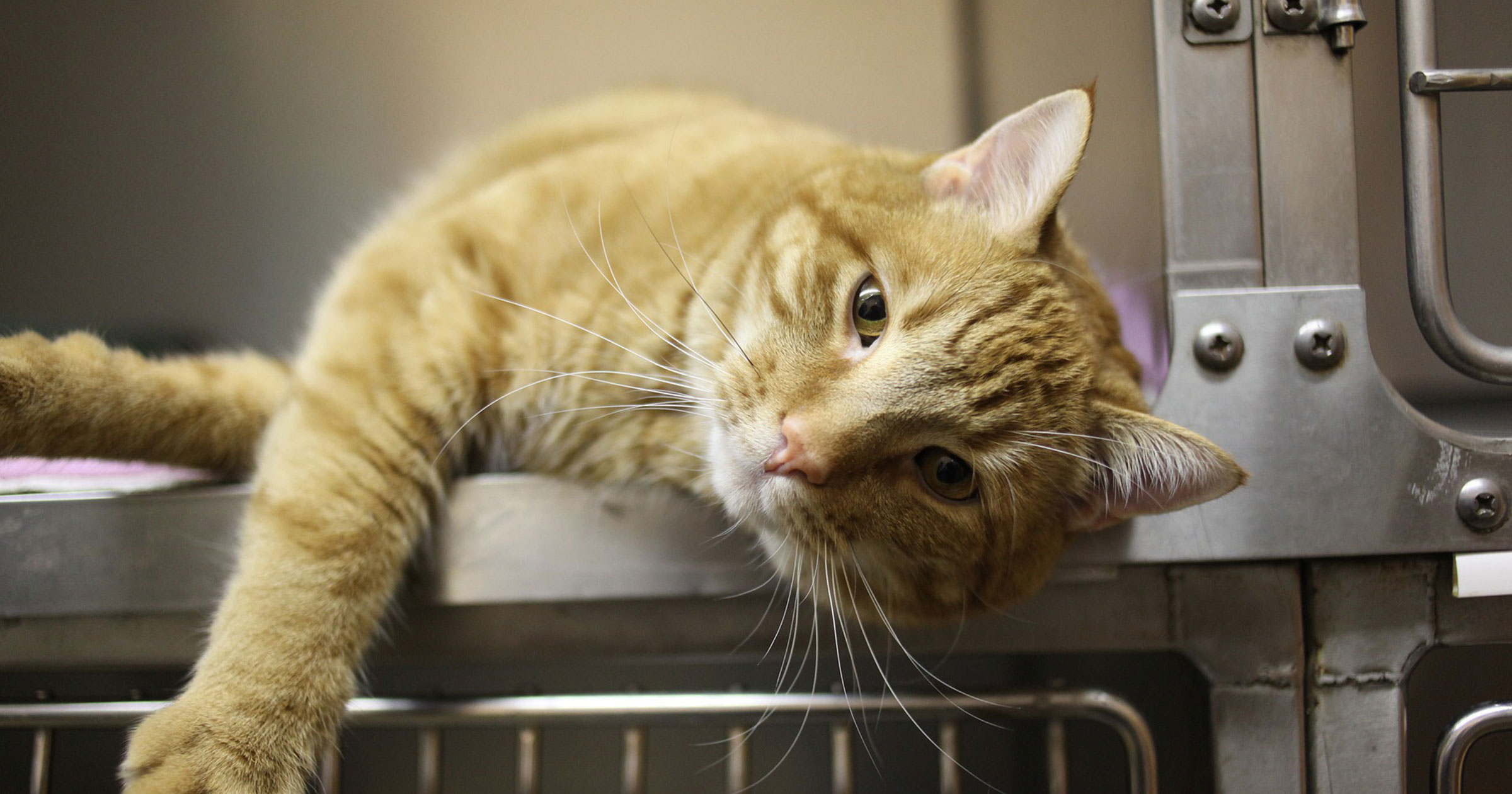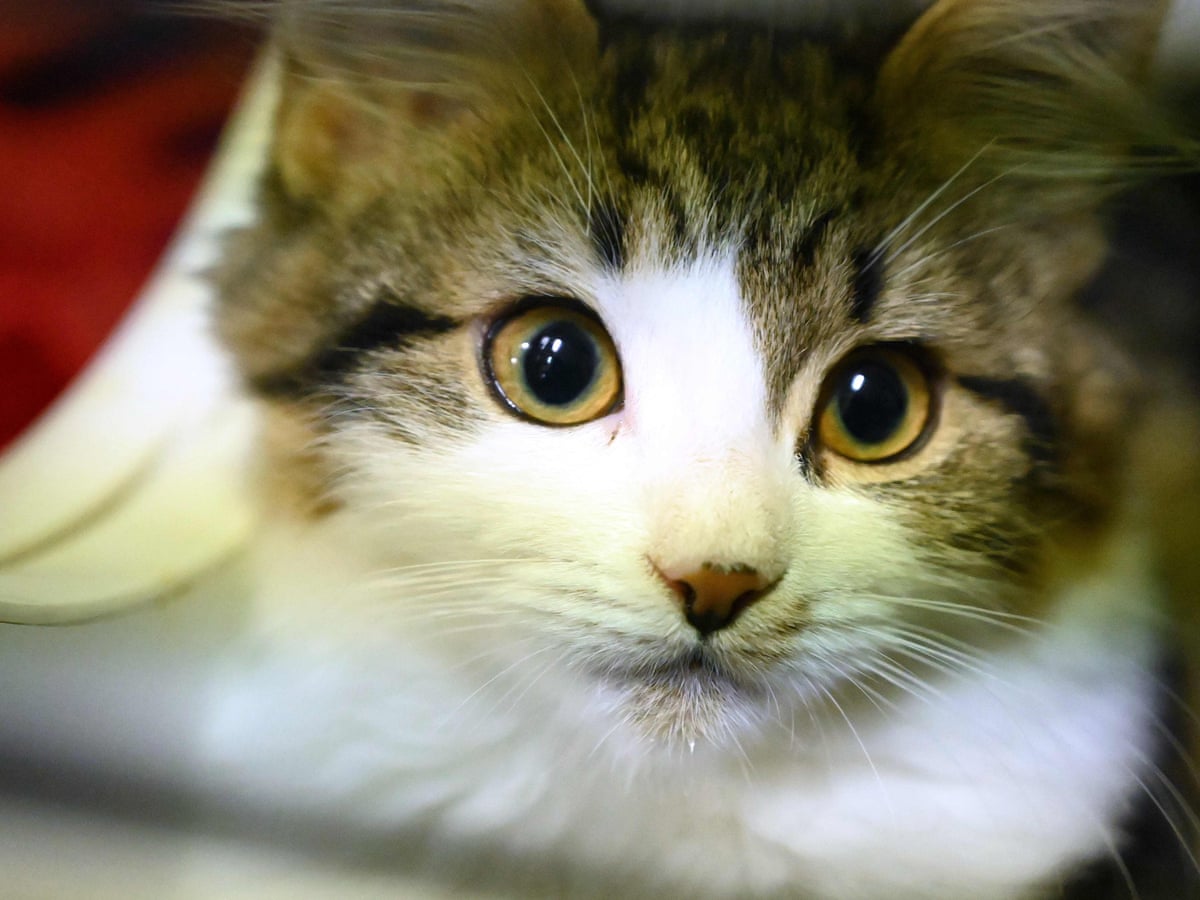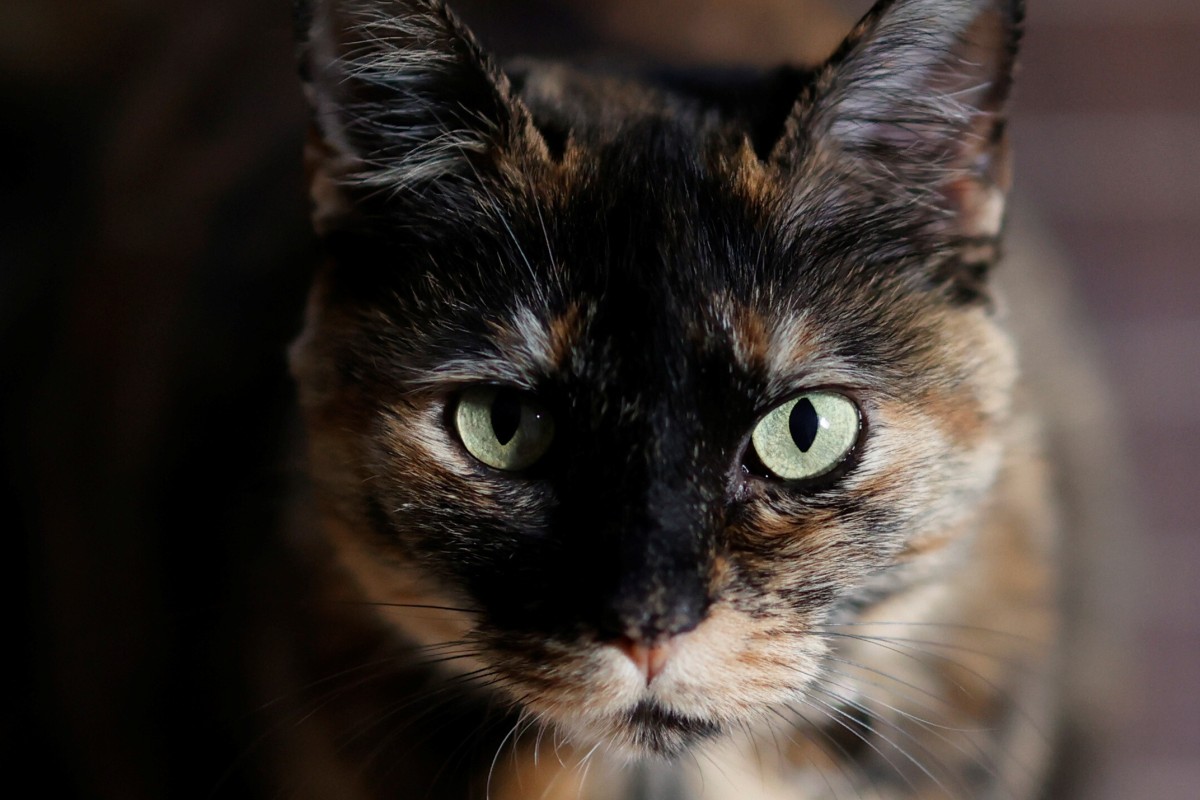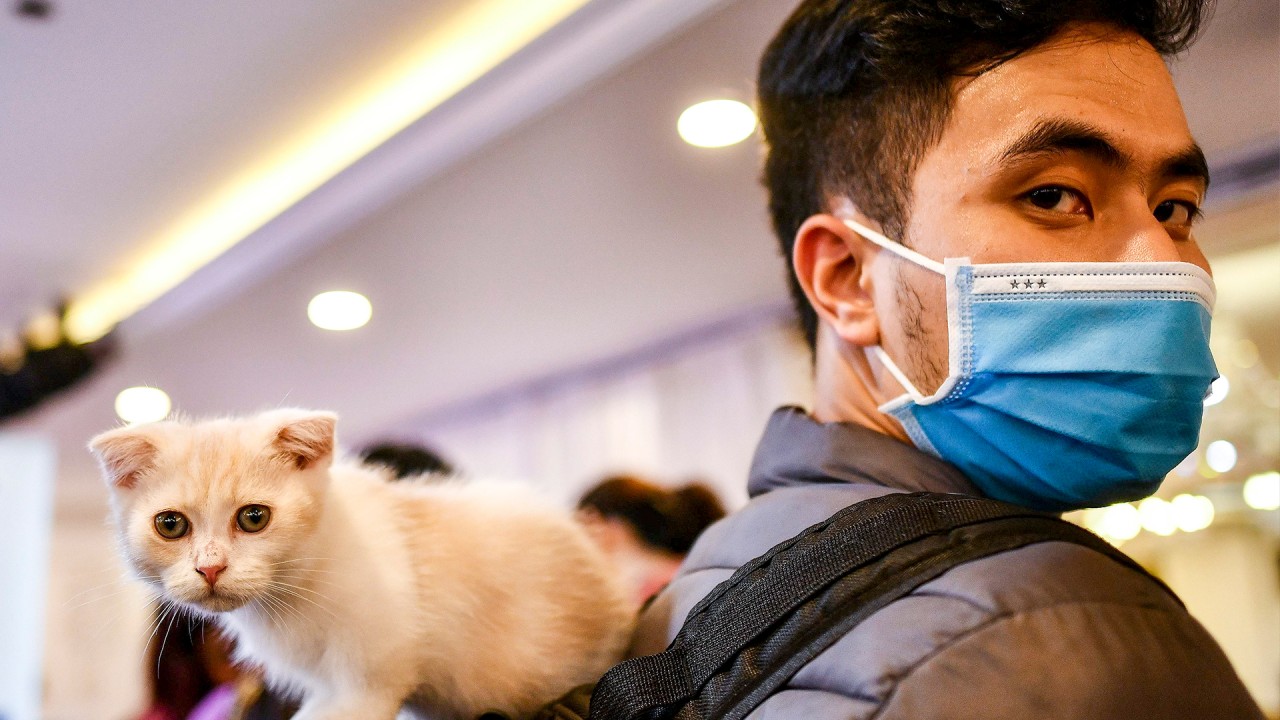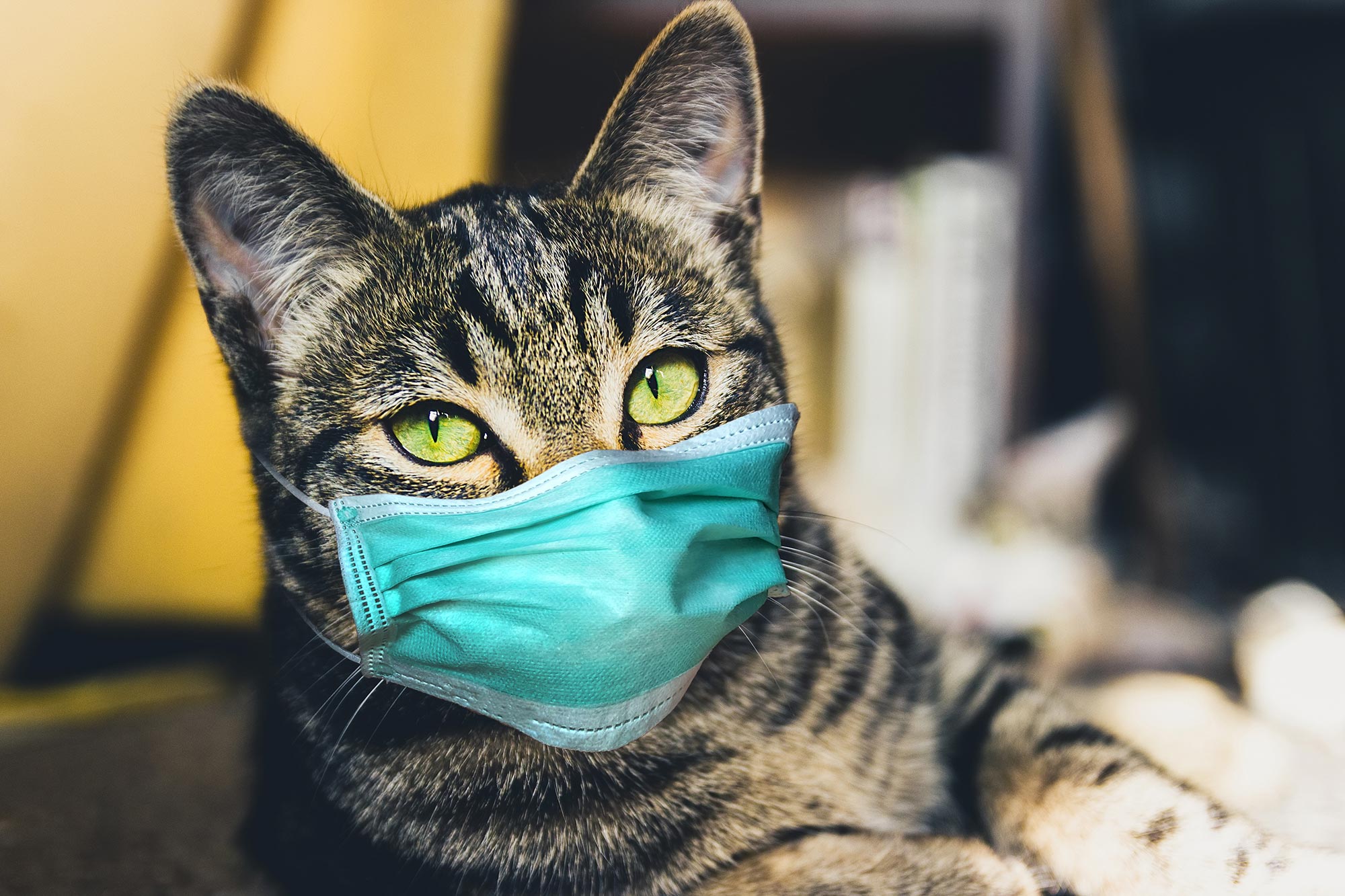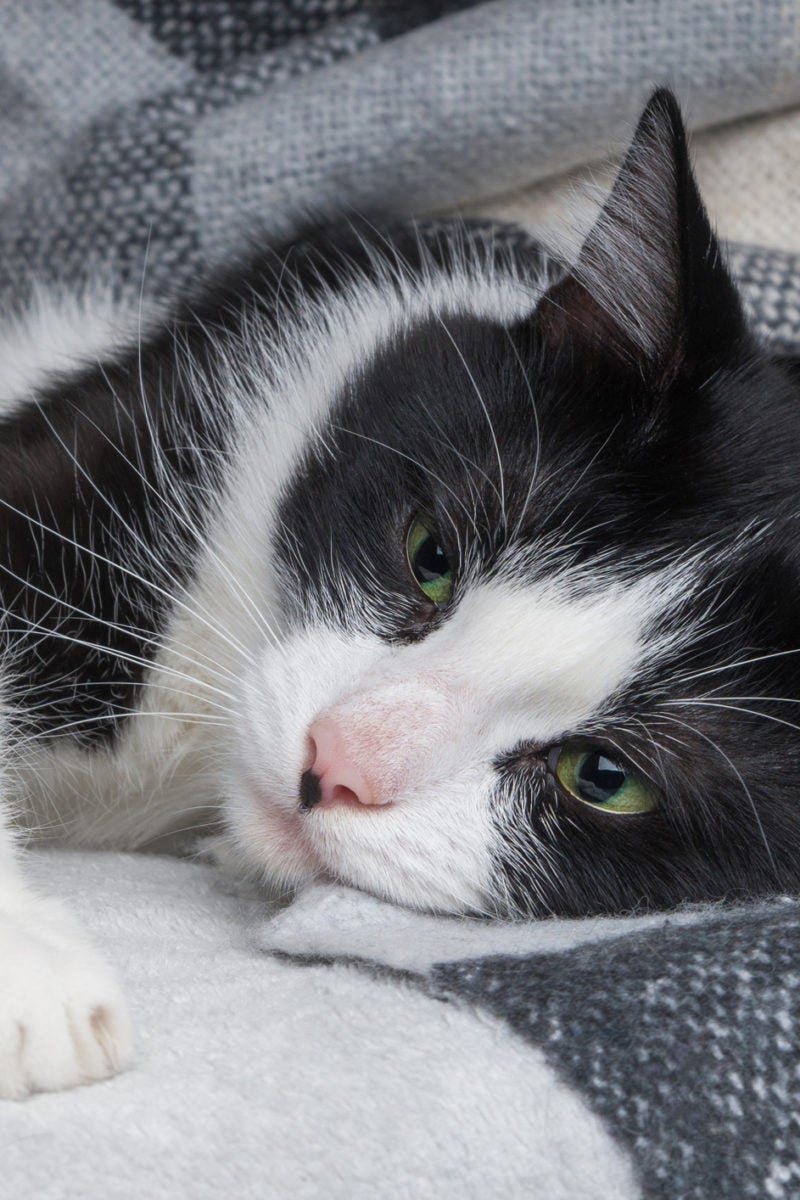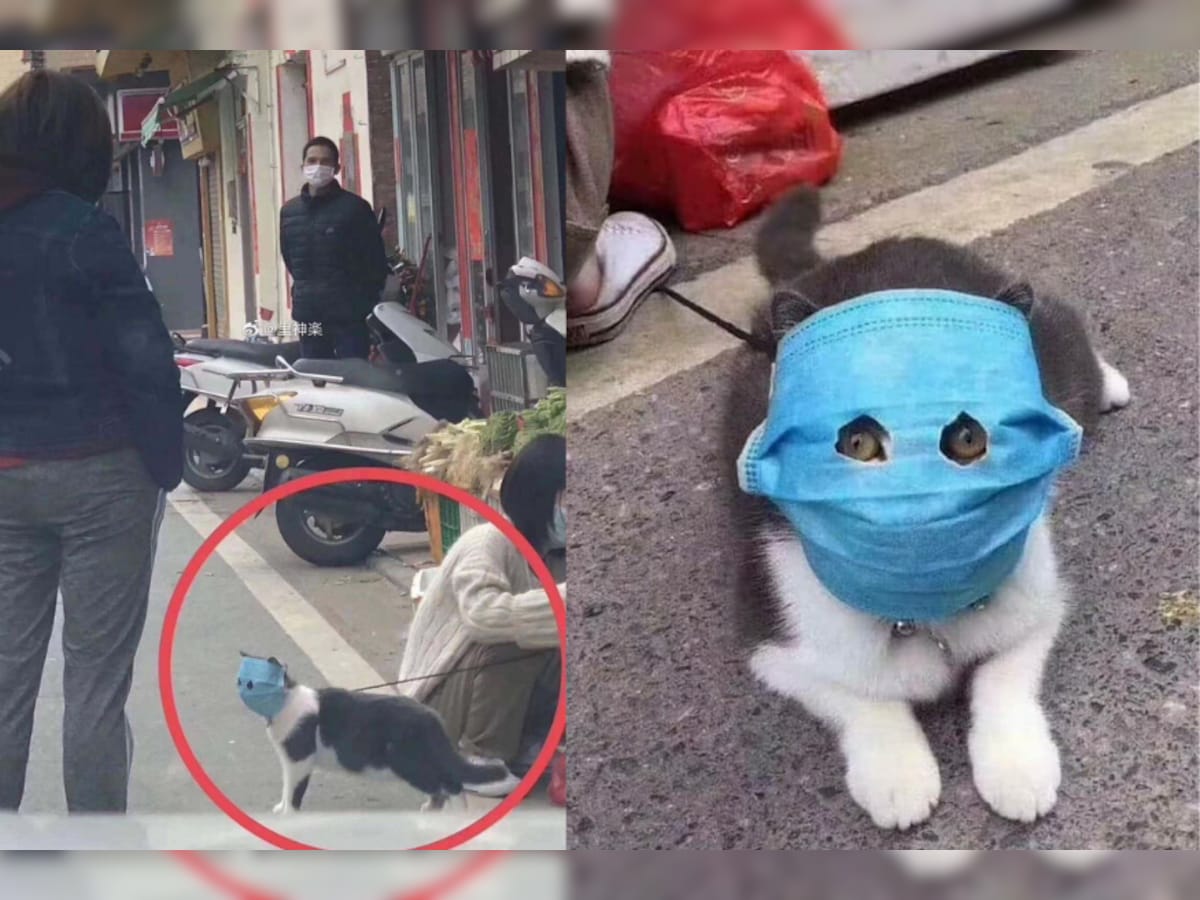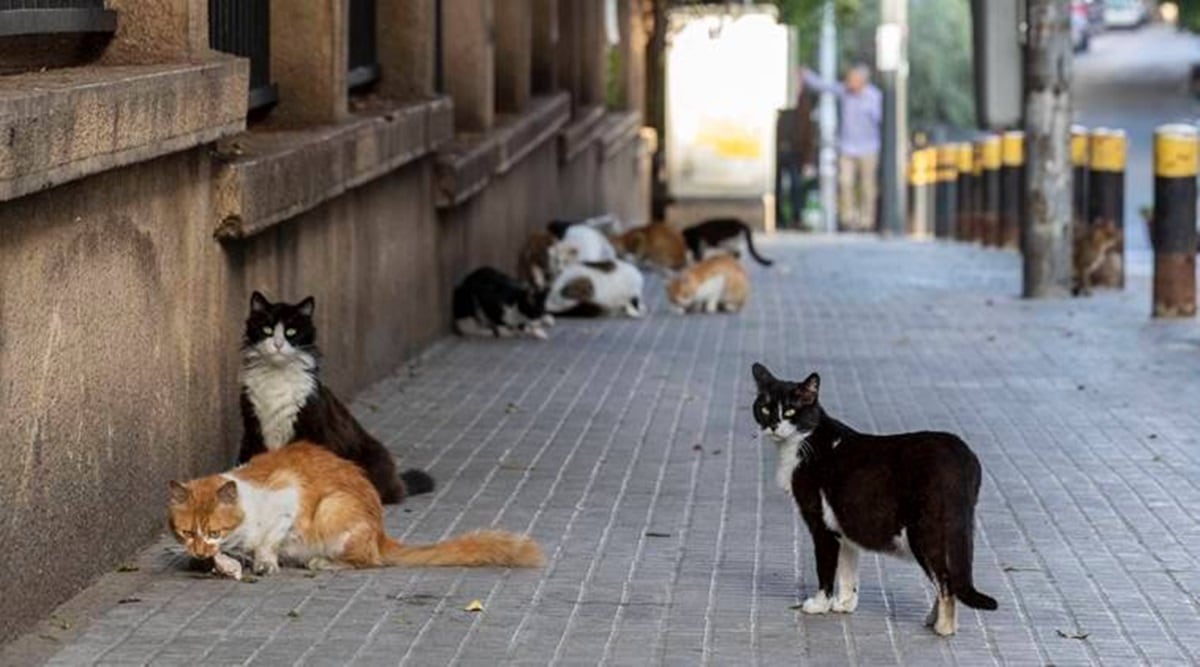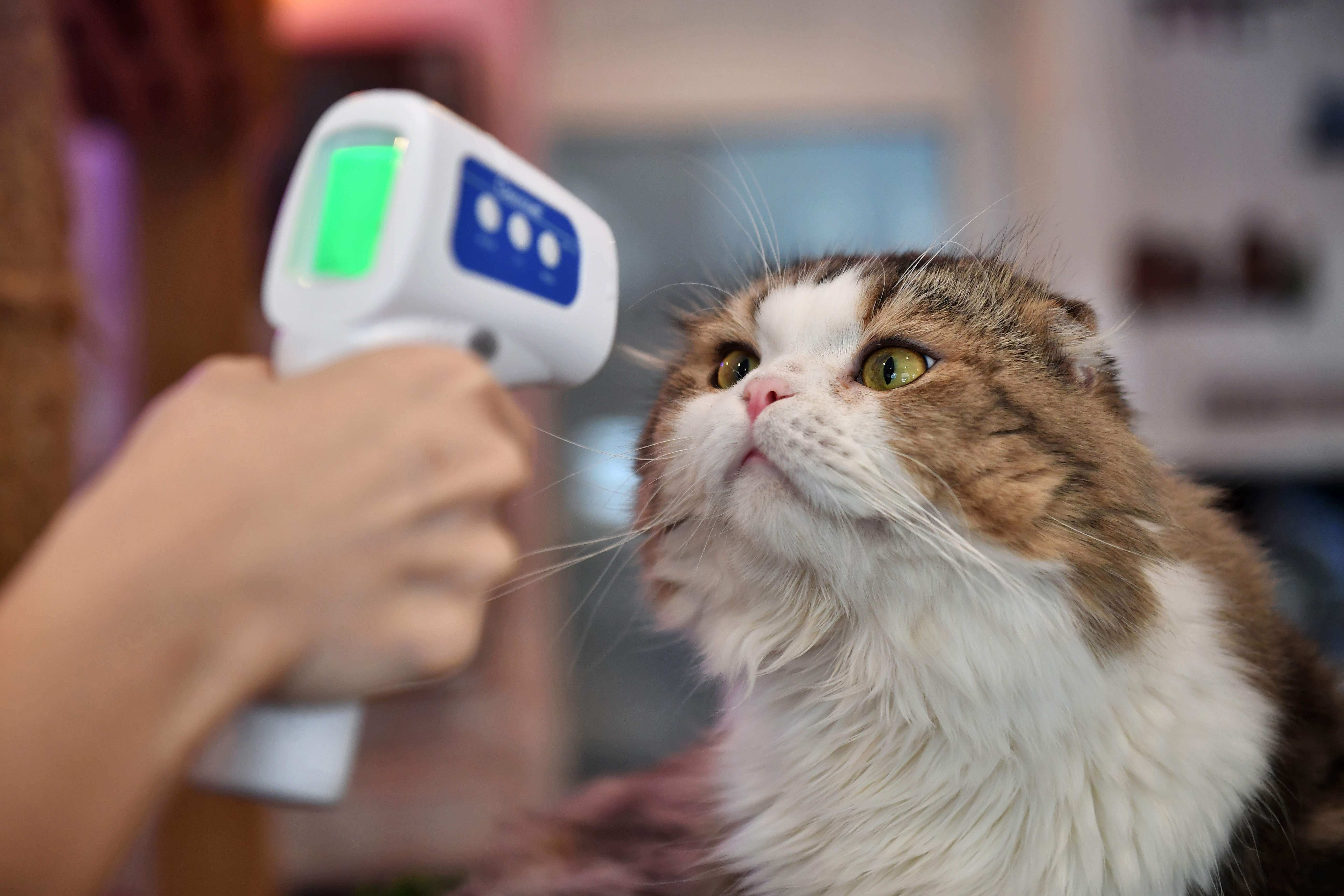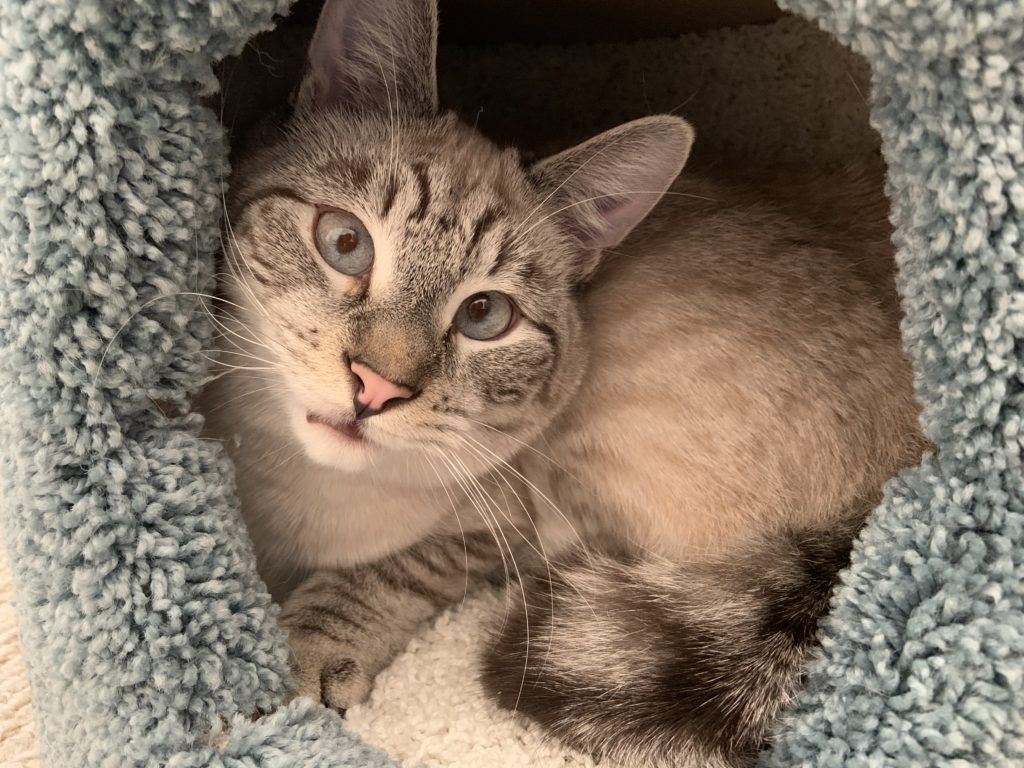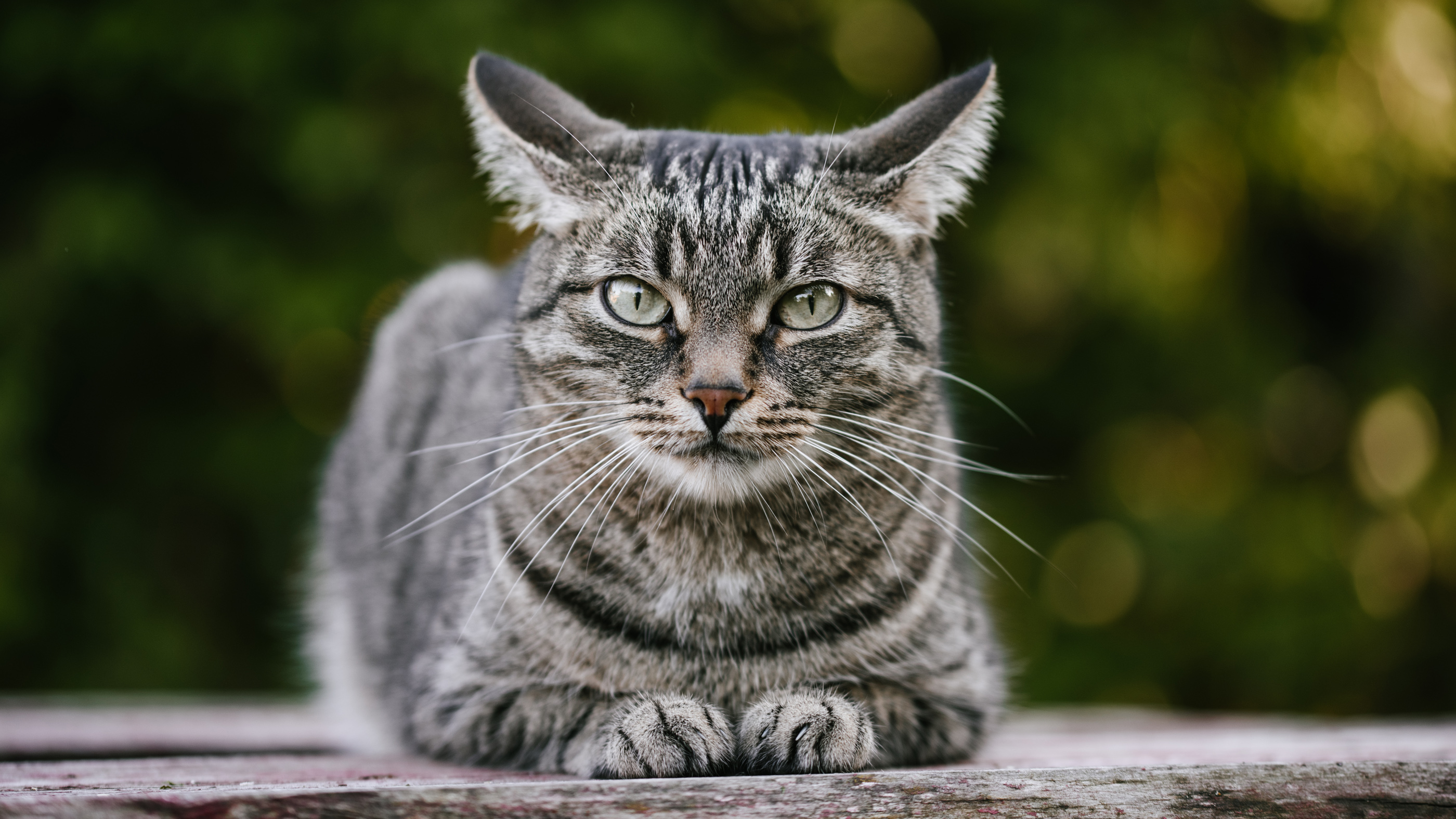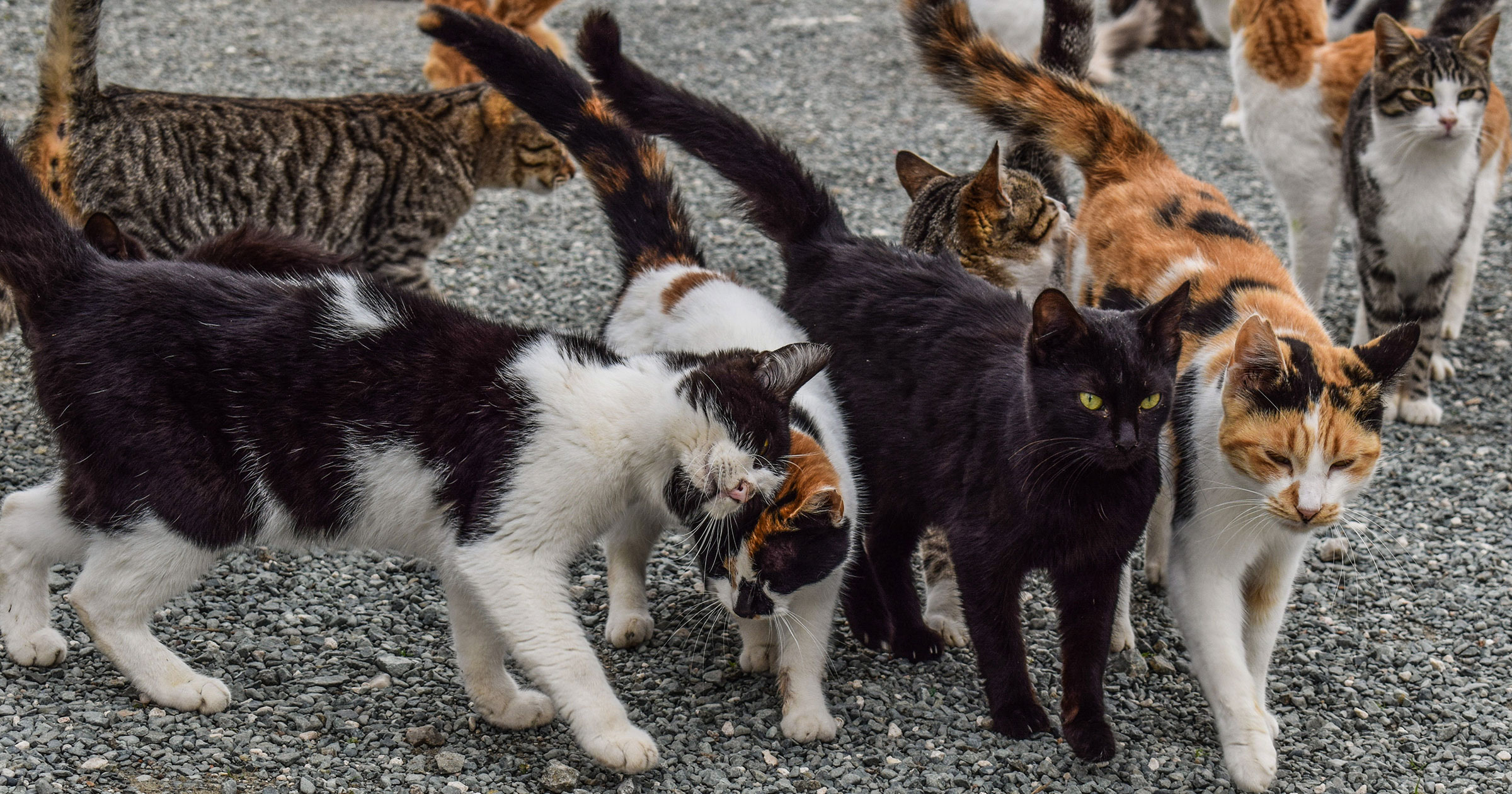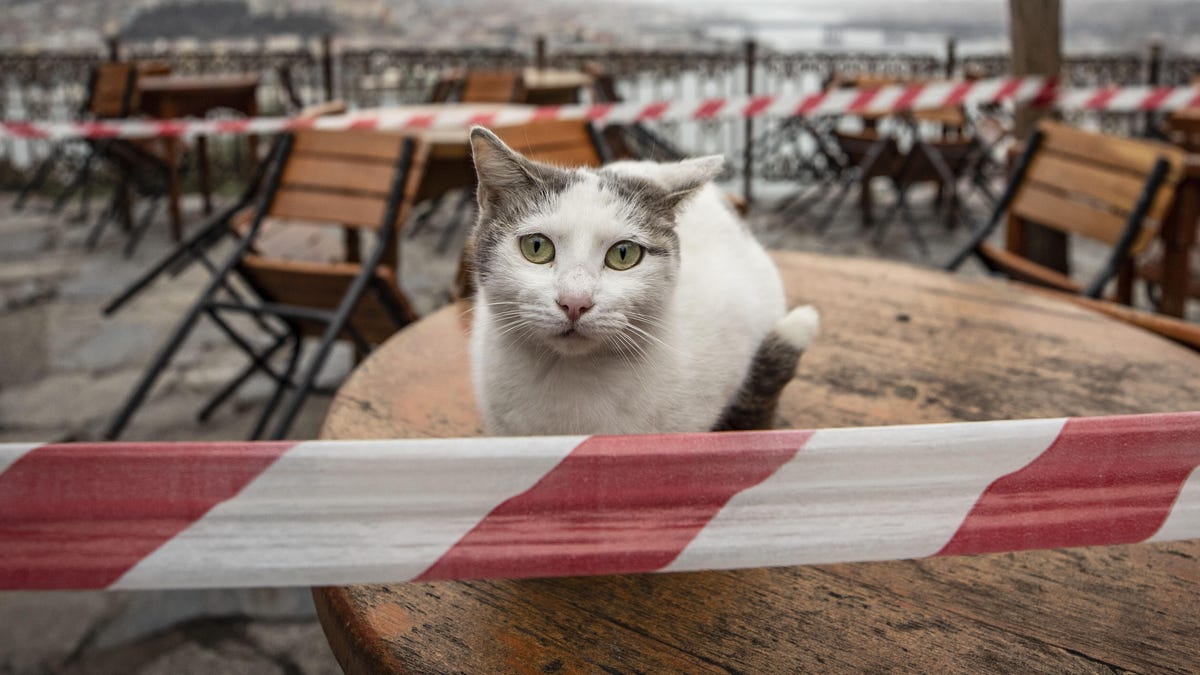Coronavirus In Cats Symptoms
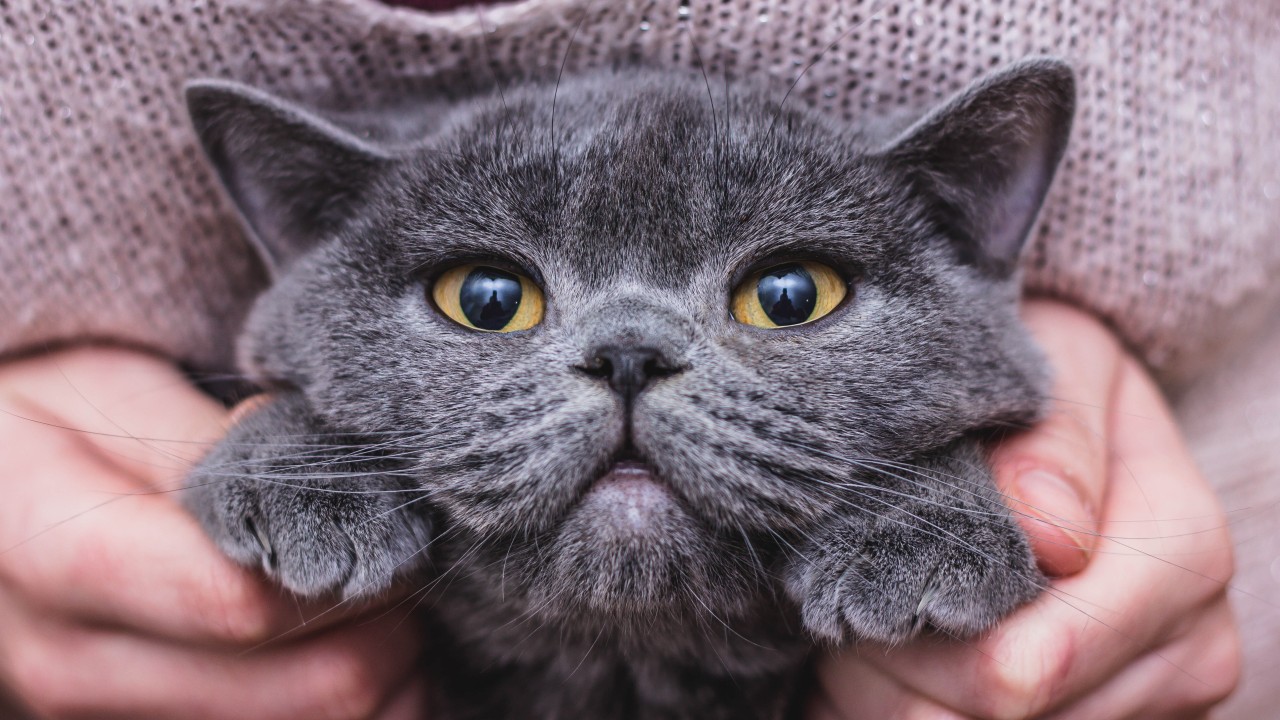
If your pet shows any signs of illness such as coughing sneezing or lethargy call or text your veterinarian to arrange treatment.
Coronavirus in cats symptoms. Coronavirus infection in cats. None of them died. If your pet becomes ill theres reason to be hopeful.
The cat experienced breathing difficulties and nasal discharge stock image. A new study says that domestic cats can be asymptomatic carriers of COVID-19 virus but pigs are unlikely to be significant carriers of the virus. Signs of coronavirus can be respiratory such as sneezing discharge from the nose runny eyes or gastrointestinal such as diarrhea or vomiting in origin.
Cat aficionados are most familiar with the ubiquitous feline coronavirus FCoV which is shed in the feces of infected cats and usually causes relatively benign self-limiting gastrointestinal problems in infected cats. Infection is often subclinical or characterized by transient mild GI illness in kittens. Feline enteric coronavirus FECV is an enveloped single-stranded RNA virus that is highly prevalent worldwide in domestic cats.
Cats are susceptible to natural infection with several strains of feline coronavirus that may result in either effusive and noneffusive FIP disease or in subclinical to severe enteritis. Most infected cats show no symptoms. If they do develop signs then we usually see mild self-limiting diarrhoea due to some damage to the small intestinal cells.
Mutation of FECV to a biotype capable of infection and replication within macrophages is responsible for development of feline. In some cases cats will also. Some coronaviruses cause cold-like illnesses in people while others cause illness in certain types of animals such as cattle camels and bats.
If possible keep your cat indoors if they are happy to be kept indoors. Symptoms of Covid-19 in animals. Symptoms of coronavirus in cats.
